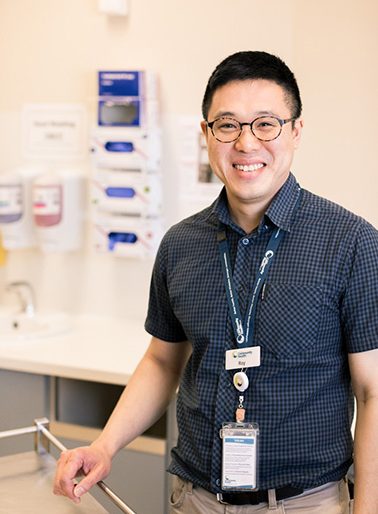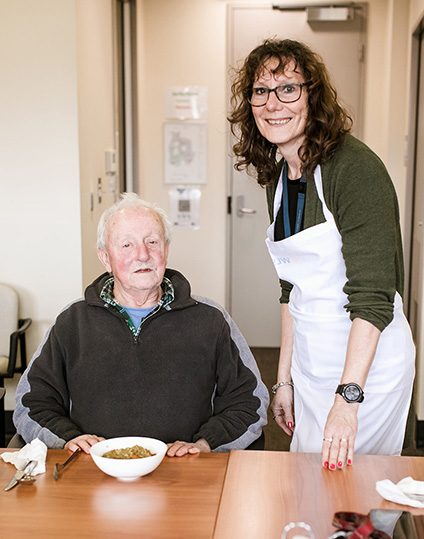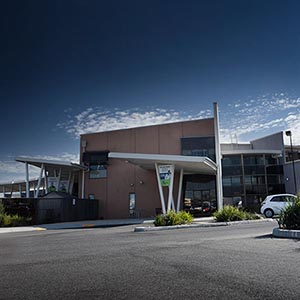Resources for learning about periods

The important thing is we talk about our periods. After all, periods are a normal part of being female, and can tell us a lot about our health. Make sure you are informed before you speak with your daughter. A great place to start are two books called Secret Girls’ Business and More Secret Girls’ Business by Fay Angelo, Heather Pritchard and Rose Steward. These are easy-to-read books that you can use when you have ‘the talk’. It’s also a great idea to keep the conversation relaxed.
Have some pads or period underwear handy to use as show and tell. This is a good place to start until your daughter feels comfortable and confident in managing her periods. Over time, you could introduce different products (like tampons, menstrual cups and cloth pads). She may choose to use them, or not, and that’s okay. Don’t overwhelm yourself or your daughter.
Now for some of the tricky questions…
When do periods start?
As girls approach puberty, the pituitary gland in the middle of their brain wakes up and sends a message to their ovaries. Their ovaries (girls are born with one to two million eggs in their ovaries) wake up and start to produce the main female hormones, oestrogen and progesterone, and a hint of the male hormone, testosterone. This happens anywhere between the ages of 8 to 16. Girls will notice an array of changes to their body and how they feel, but the most relevant to them is the start of their period (menstrual cycle).
TIP: To get an idea of when this may happen for them, girls could ask their mums, aunts or grandma when they first got their period.
How can you tell when you are about to get your period for the first time?
Here are a few of the classic signs that can tell you when a girl is about to get her period for the first time:
- Growth spurt
- Hair starts to grow on her legs, underarms and in the pubic region
- Breasts begin to develop
- The emotions kick in – she may be laughing, crying or getting her cranky on in any given day
- Your daughter may also notice some clear vaginal discharge. There’s no need to panic – the vagina is cleaning itself out (this is all perfectly normal).
How heavy should a period be?
Some people have heavier periods than others, and periods may last anywhere between three to seven days. Periods equate to about a third of a cup of blood, but may feel like more because there is also fluid from the vagina and cervix, as well as tissue from the uterus.
How often should periods happen?
Periods occur every month, roughly every 28 days. This cycle doesn’t happen straightaway – when a girl first gets her period, it may be quite irregular until her hormones settle down. This is normal at first, but periods should become monthly after two to three years.
When do periods stop?
Periods don’t last forever – most women will stop getting their period around the age of 45 to 55 years. This is called menopause. A woman is said to have gone through menopause when they haven’t menstruated for two years. Of course pregnancy, some contraceptives or medical conditions will also stop a female’s periods.
How do periods work?
Getting your period is called the menstrual cycle, because it goes for roughly 28 days. The first day of your cycle starts on the first day you get your period. Then on about day 14, one of your ovaries (you have two) will release an egg into the fallopian tube – this is called ovulation. While this is happening, your uterus prepares itself just in case an egg is fertilized and a baby starts to develop. It thickens with more blood and tissue filled with oxygen and nutrients. If the egg isn’t fertilised within 24 hours after release from the ovary, it dies. The hormone levels change and the uterus thinks, ‘oh well, no baby this time – I’ll do a spring clean’! Then that built-up lining from the uterus comes away and the female menstruates (or gets her period) and the whole cycle starts again.
How is the body affected during menstruation?
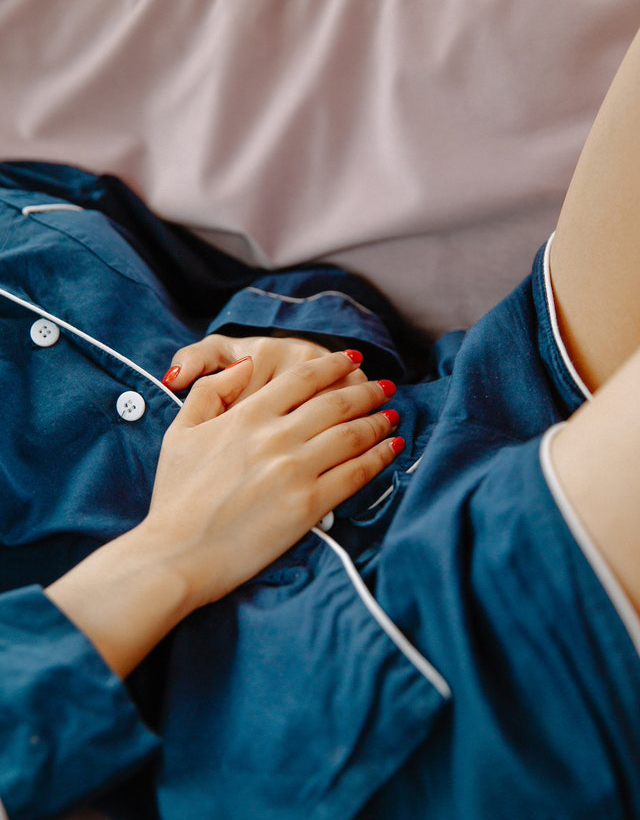
Periods affect different people in different ways. You may experience one or two or more of the following symptoms, to varying degrees. Even though these symptoms are normal, don’t ignore pain that becomes unbearable. If you’re worried about how your period affects you, speak to your GP. There may be something else going on.
- Painful and swollen breasts
- Acne
- Mood swings
- Headache
- Lower back ache
- Low abdominal pain
- Cravings for chocolate or something sweet
- Constipation
- Surges of energy or lethargy (feeling tired)
- Bloating
Products to help with periods
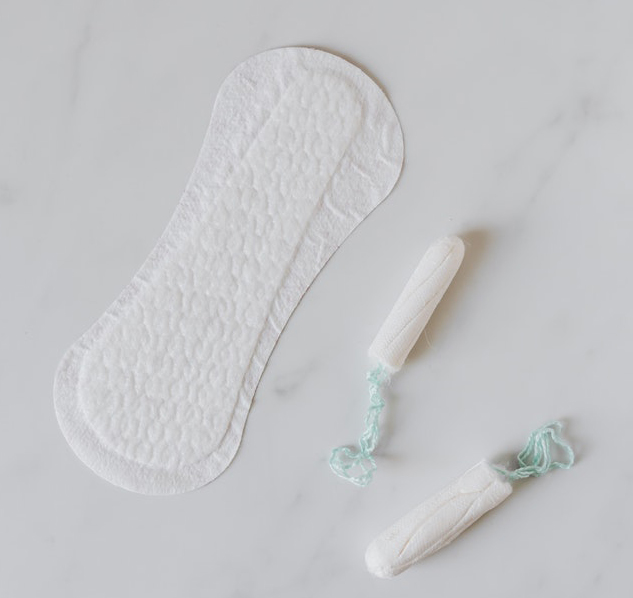
There’s nothing to fear about periods, especially with so many products that help keep us clean and comfortable. We’re pretty lucky to have so many of these products available to us in Australia. From pads to tampons, to cloth pads, menstrual cups and highly absorbent underwear – periods no longer have to disrupt your day-to-day or stop you from doing the things you love, like swimming.
When to see a doctor about your period
If your menstrual blood changes colour, smells, has clots larger than a 20 cent coin, becomes irregular or heavier, it’s time to get a check-up. Basically, if you notice any consistent change in your period that isn’t normal for you, see your GP.
Conclusion
Menstruating is your body’s way of letting you know your body is ready to have a baby – when or if you are. It’s something very special, so look after yourself, exercise, eat healthily and take time to relax. Practise good hygiene (make sure after you’ve gone to the toilet you wipe front to back). Put chocolate or your favourite food on your shopping list once a month. And, if you need pain medication, talk to a pharmacist or GP.
